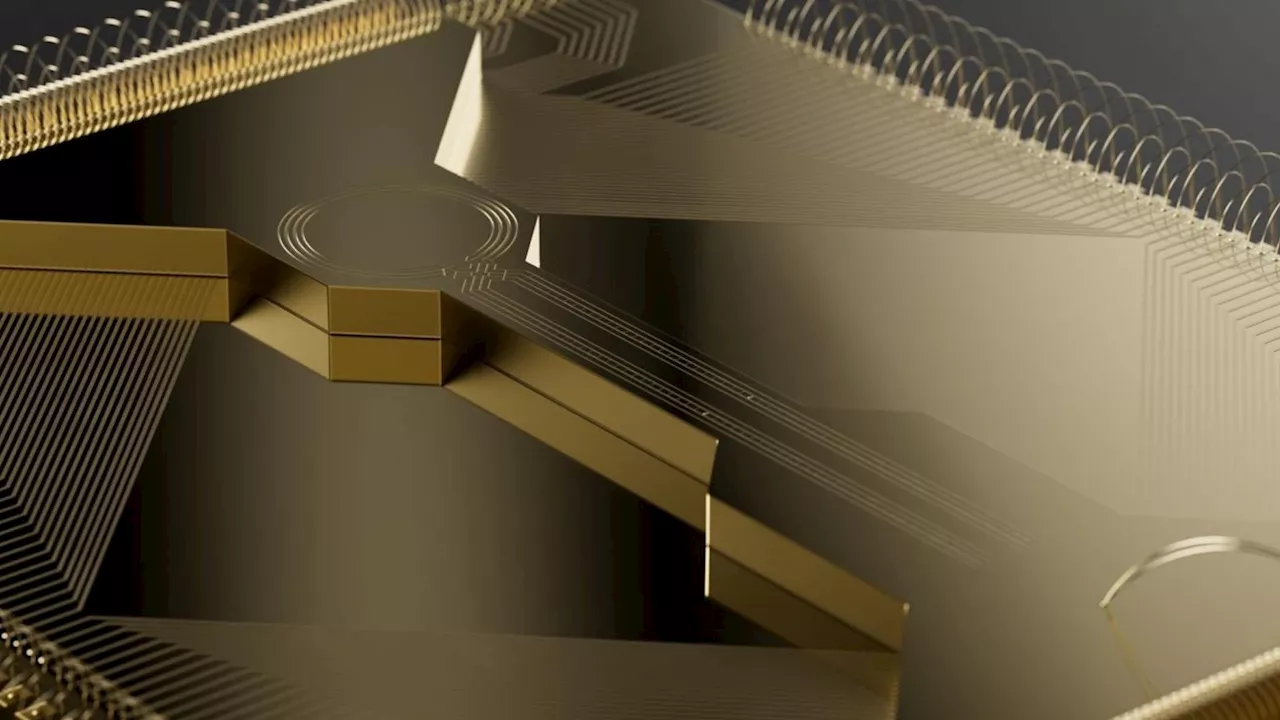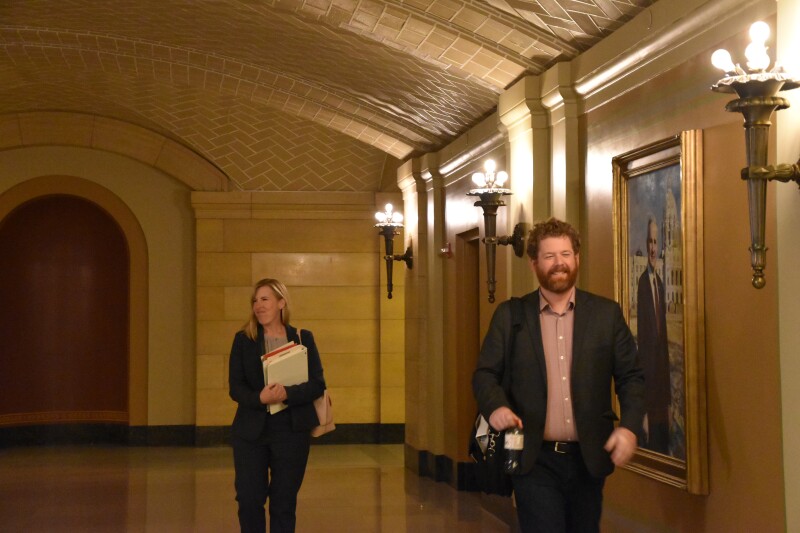UPDATE: In a groundbreaking announcement, Quantinuum has unveiled its latest quantum computer, Helios, which sets a new industry standard by integrating 98 fully linked qubits with unprecedented fidelity. This breakthrough positions Helios as a game-changer in the realm of quantum computing, making real-time, enterprise-ready applications a reality.
Helios achieves an astounding 99.9975% single-qubit gate fidelity and 99.921% two-qubit gate fidelity, the highest recorded in any commercial system to date. Dr. Rajeeb Hazra, CEO of Quantinuum, emphasized the significance of this advancement, stating, “Helios is a seamless fusion of hardware and software, creating a platform for discovery unlike any other.” This development is crucial as businesses increasingly seek quantum solutions that can operate on par with classical computing systems.
During its early access program, major partners such as SoftBank Corp. and JPMorgan Chase utilized Helios for commercially relevant research, showcasing its capabilities in simulating complex phenomena like high-temperature superconductivity and quantum magnetism. This immediate applicability underscores Helios’s potential impact on industries ranging from finance to materials science.
Helios stands apart with its new ion-trap architecture, switching from ytterbium to barium qubits, which enhances accuracy and reduces costs through the use of visible-light lasers. The system’s innovative design allows for real-time programming capabilities, enabling the interleaving of classical and quantum computations, thereby speeding up problem-solving processes.
In benchmark tests, Helios demonstrated capabilities that would require the energy output of the Sun if performed on classical machines. Instead, Helios completed the tasks using energy equivalent to that of a single data center rack, highlighting its efficiency.
Helios’s architecture converts 94 of its 98 physical qubits into logical qubits, achieving one of the largest GHZ states recorded. This configuration not only enhances performance but also introduces a remarkable level of fault tolerance, with Helios achieving 48 fully error-corrected logical qubits at a 2:1 encoding rate, a feat previously deemed impossible without thousands of qubits.
As Helios becomes available through Quantinuum’s cloud platform and as an on-premise deployment option, the company is poised to lead the charge in practical, real-world quantum computing applications. The urgency of this development cannot be overstated; businesses and researchers are now equipped with a tool that can unlock new frontiers in technology and science.
Stay tuned for more updates as Helios begins to reshape the landscape of quantum computing, bringing us closer to a future where these advanced systems are integral to solving some of the world’s most complex challenges.







